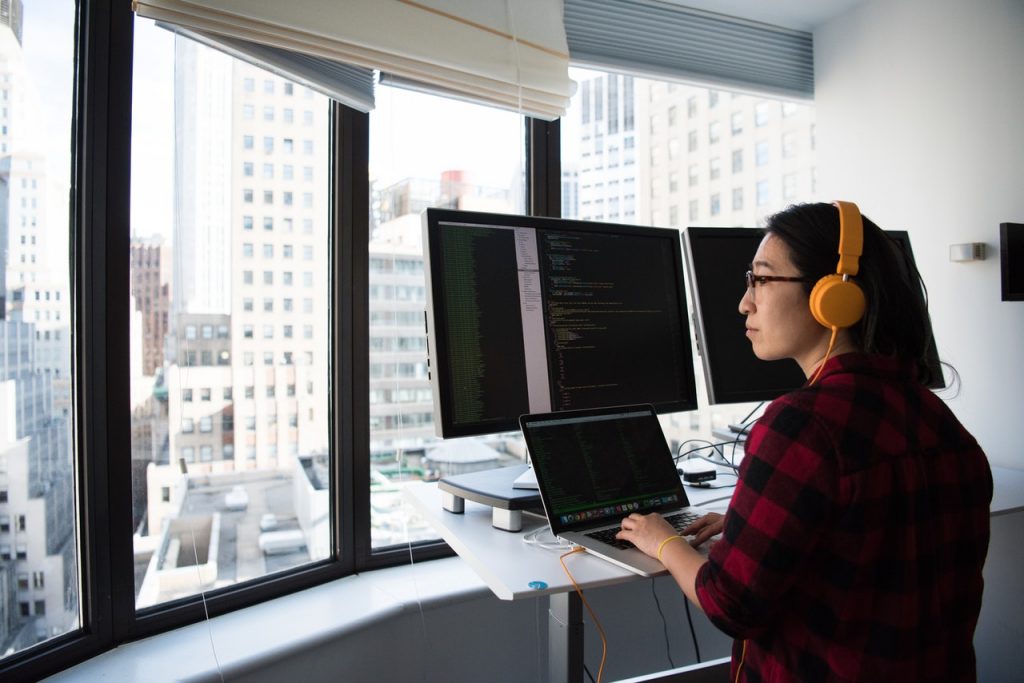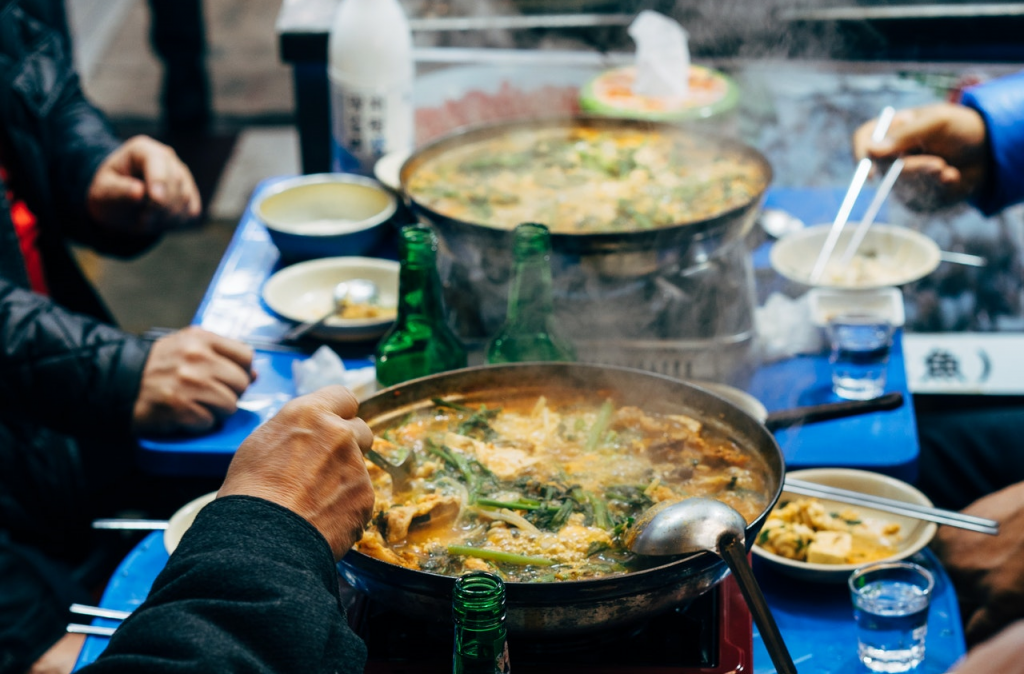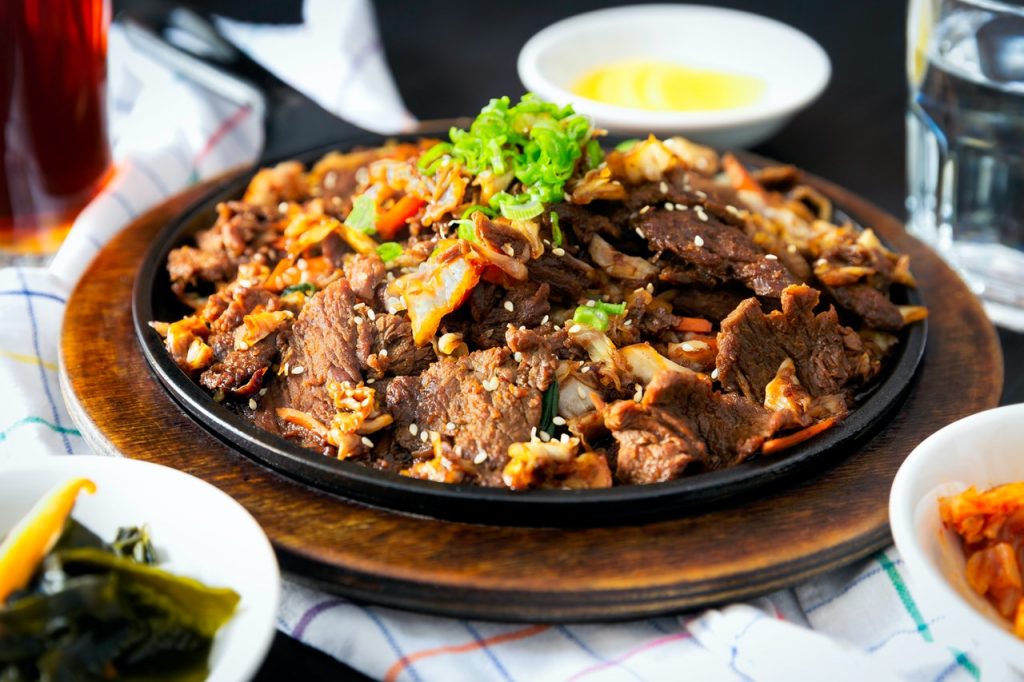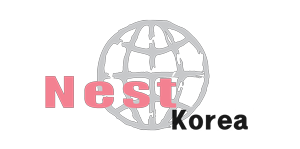Things To Know When Settling In Korea
We’re happy that you have taken the decision to come back to Korea. It’s a huge step for any adoptee to try and reconnect with their motherland. There are many things to consider before officially moving. It can be a bit overwhelming and terrifying. But we have listed here some of the most important things to know about before moving to Korea.
How To Find A Place To Live

Finding a place to live in Korea is not too difficult but there are a few things you need to keep in mind. Rental contracts are usually 1 year but some are 2-year contracts. Another thing to keep in mind is the key money deposit. In Korea, the key money deposit might be a larger amount than what you would expect. Typically, key money deposits start at 5,000,000won (depending on size and area). Keep in mind the higher the key money deposit you pay, the lower the monthly rent. You can choose to pay monthly with a key money deposit, this is called wolse (월세), this system may be more familiar to you. The other option is to pay everything in advance which is jeonse (전세). This is usually a large amount of money and typically Koreans take out a bank loan for this. One advantage is that there is no monthly rent to pay and you will get this money back when you move out.
The easiest way to find an apartment is to go to a realtor (부동산). There are plenty of realtors in every neighborhood so choose the area or areas you want to live in and have a realtor in that area show you around. Something to keep in mind that some of the realtors do not speak any English so you may need someone who can speak Korean to come with you. Contact us if you need interpretation services.
There are also a few free apps like dabang (다방) and jikbang (직방) that you can download on your smartphone. These apps allow you to check apartments and prices in a specific area without having to visit them. However, you can’t rent directly through the app and instead you will have to contact the realtor listed in charge of the apartment.
The most common form of apartments are wonrooms (원롬) a Korean-style studio apartment, usually furnished with a bed and a fridge/freezer. But you should double-check what utilities are included before signing a housing contract.
If you have any questions or need assistance finding a place to stay or if you are planning to move to Korea and unsure where to start don’t hesitate to contact us.
Work in Korea

Finding a job in Korea can be a very difficult task if you do not speak fluent Korean (check out our Korean language program) but, it’s not impossible! Teaching a foreign language is the most common job for foreigners living in Korea, especially for native English speakers. It is also possible to find an English teaching job even if your first language is not English. There are other jobs that you may be able to apply to that do not require fluent Korean language skills such as a chef, server, barista, or dishwasher.
There are many international companies in Korea that are looking to hire foreigners who speak Korean fluently. Since international companies may require fluency in Korean and if it’s not your first language you might have to provide a Korean language school certificate or a TOPIK score.
Some may find a blue-collar job in a factory, as a cleaner, and farm work. These types of jobs may not require fluent Korean like the one above. Most of these companies have experience working with foreigners and if you do not want to teach you can look more into this.
As an adoptee, you can apply for an F4 visa which will almost give you the same rights as a Korean citizens. Please make sure you are eligible for this type of visa before applying.
If you need assistance, make sure to reach out to us and keep an eye on our event page for our jobs program where we help adoptees with job preparing courses such as barista or chef courses.
Social etiquette

It is important to learn how to socially interact with others when living in Korea since it can be confusing to some. In this section we will be covering some etiquette rules here:
One of the most important things to remember is that all social interactions are based on position and seniority. Which means the most senior Korean decides on what to do and everybody else will follow. For example, if you are at a dinner with Koreans, the most senior individual will sit down first, get their food served first, and will start to eat first. As a rule of thumb if you are not sure what to do just wait to see what your friends are doing and follow their lead.
Another rule to remember is to make sure you pour drinks for each other because in Korea it is considered rude to only pour for yourself. Always pour for other people and let others pour for you.
Koreans do not address each other by their given names unless permission has been given. If they are a close friend or family member you can address them by their given name otherwise you must use titles.
In general, you should be modest and not too loud in public settings because you do not want to upset other people around you.
Korean Food

The food in Korea can be very spicy, since they typically use hot peppers and hot pepper paste in their cuisine. A usual Korean meal consists of a bowl of rice (a staple food) together with a main dish such as a stew or a soup, along with a lot of side dishes which include kimchi.
Korean food is very region-based, meaning some regions are famous for chicken and other regions are famous for seafood. Kimchi is served with every meal and there are many different kinds of kimchi, such as cabbage kimchi, radish kimchi, cucumber kimchi, and spring onion kimchi. Kimchi is one of the most famous foods in Korea and is very healthy since it contains a lot of vitamins and minerals.
The most famous dishes are bibimbap (mixed vegetables), budae jjigae (spicy stew), kimchi jjigae (kimchi stew), and samgyeopsal (grilled pork).
It is common for people to eat out with friends or coworkers for dinner and one of the most popular dishes is samgyeopsal. You will usually eat this together with beer or soju. Soju is the most popular alcoholic beverage in Korea. There are many different kinds of soju but the most popular ones are Chamisul (참이슬) and Cheoeum-Cheoreom (처음처럼).
If you are interested in learning more about Korean culture, food, music, dance, and festivals make sure to check out our various culture tours and especially our Let’s Go to Korea cultural tour.
These are some important cultural aspects that you will experience when you move to Korea. Living in Korea as an adoptee can be an amazing experience but it may be frustrating at times. Do not hesitate to reach out to us if you have any questions or need any help.
